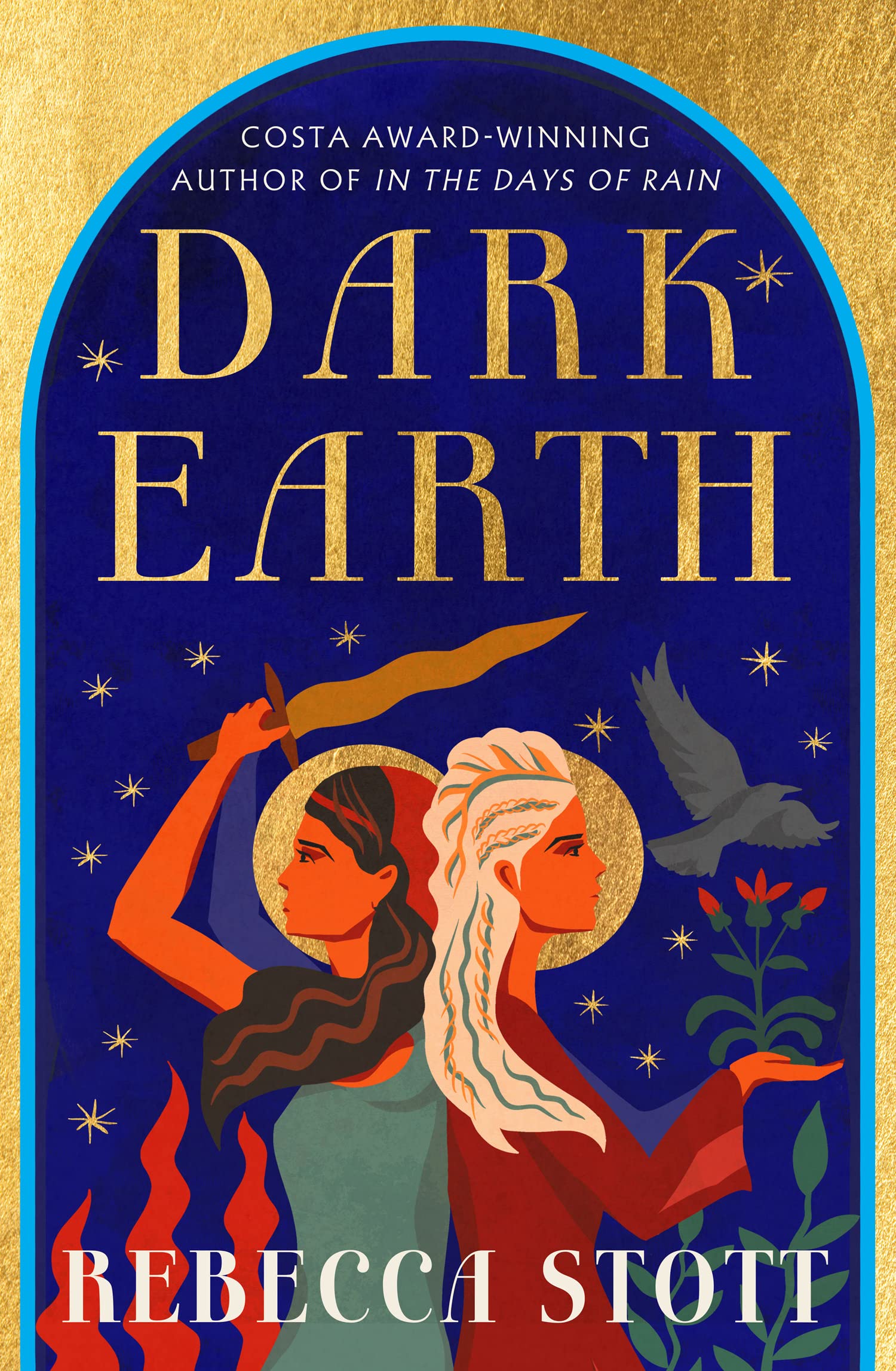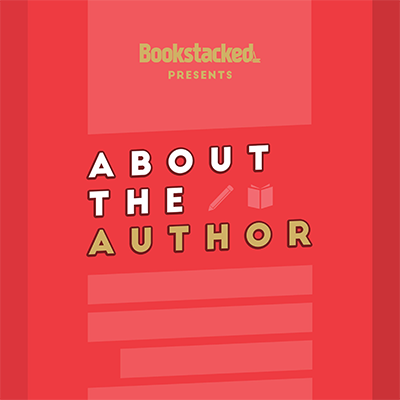As soon as I heard about Dark Earth I knew I had to pick it up, and I wasn’t disappointed.
From the Blurb:
The year is 500 AD. Sisters Isla and Blue live in the shadows of the Ghost City, the abandoned ruins of the once-glorious mile-wide Roman settlement Londinium on the bank of the River Thames. But the small island they call home is also a place of exile for Isla, Blue, and their father, a legendary blacksmith accused of using dark magic to make his firetongue swords — formidable blades that cannot be broken — and cast out from the community. When he dies suddenly, the sisters find themselves facing enslavement by the local warlord and his cruel, power-hungry son. Their only option is to escape to the Ghost City, where they discover an underworld of rebel women living secretly amid the ruins. But if Isla and Blue are to survive the men who hunt them, and protect their new community, they will need to use all their skill and ingenuity — as well as the magic of their foremothers — to fight back.
Dark Earth is a tale of two women simply trying to survive in Ancient Britain. With their father dead and their village’s hatred on their heels, they can do nothing except protect each other and hope for the grace of King Osric and the protection of Kin Law.
At its heart, Dark Earth is a story about sisterly love. This is a beautiful theme and although I cannot relate to it on a personal level it felt realistic within its historical context. Isla and Blue have a deep bond forged through a number of traumatic incidents. As the two navigate their uncertain future, watching their relationship change and develop, yet at its heart remain loving and protective, is wonderful.
As a student of the Medieval period, and with a love for anything Anglo-Saxon and beyond, Dark Earth seemed like the perfect read. I am particularly interested to read the articles Rebecca Stott has posted on her website regarding her research surrounding the novel. It is evident within the novel that the author has taken a deep interest in her subject, and this reflects in the vividness of the world she has created. Nevertheless I would be curious to know how accurately Stott wanted to reflect the reality of history at this period, because some instances felt like an amalgamation of the period. For example, some of King Osric’s traits can be attributed to other Anglo-Saxon kings.
Naturally, Dark Earth is historical fiction. The events portrayed have no evidence to back them up and yet Stott does a fantastic job at writing a compelling story that I do not entirely disbelieve. Like many authors currently retelling history from the woman’s perspective, Stott has opened the doors on a part of history that has been neglected its feminist retellings so far. I am, of course, always captivated by these tales, and Dark Earth is no exception. I loved seeing an idea of women’s lives in this period: the challenges they would have faced, how they could have reacted, and the secrecy of their lives that has kept them out of modern history books.
Stott’s writing is perfect for its theme. It feels quiet in a way that only a world without the constant hum of electricity can feel. Reading Dark Earth is a break from the modern world in the best way. Let yourself be taken on a journey through Roman ruins that seem ancient even to our ancients, and find a whole new history in Dark Earth‘s myriad characters. I truly think anyone with an interest in historical fiction will find something to enjoy here.









Bookstacked Comment Policy
We welcome respectful comments. Our only rule is to be kind. Rude, hateful and generally mean-spirited comments will be removed.